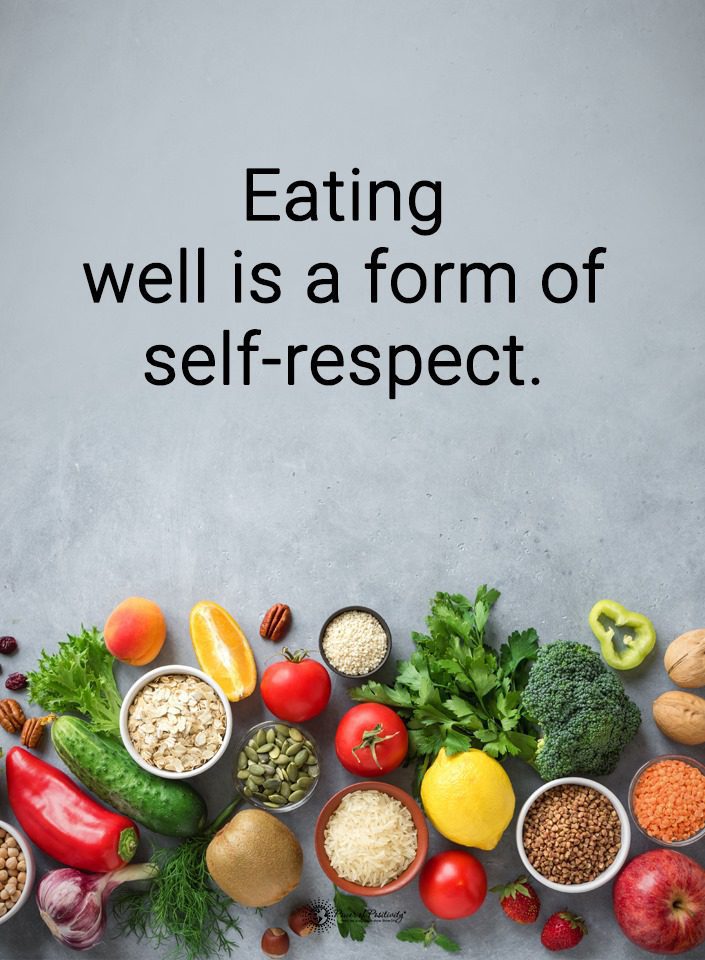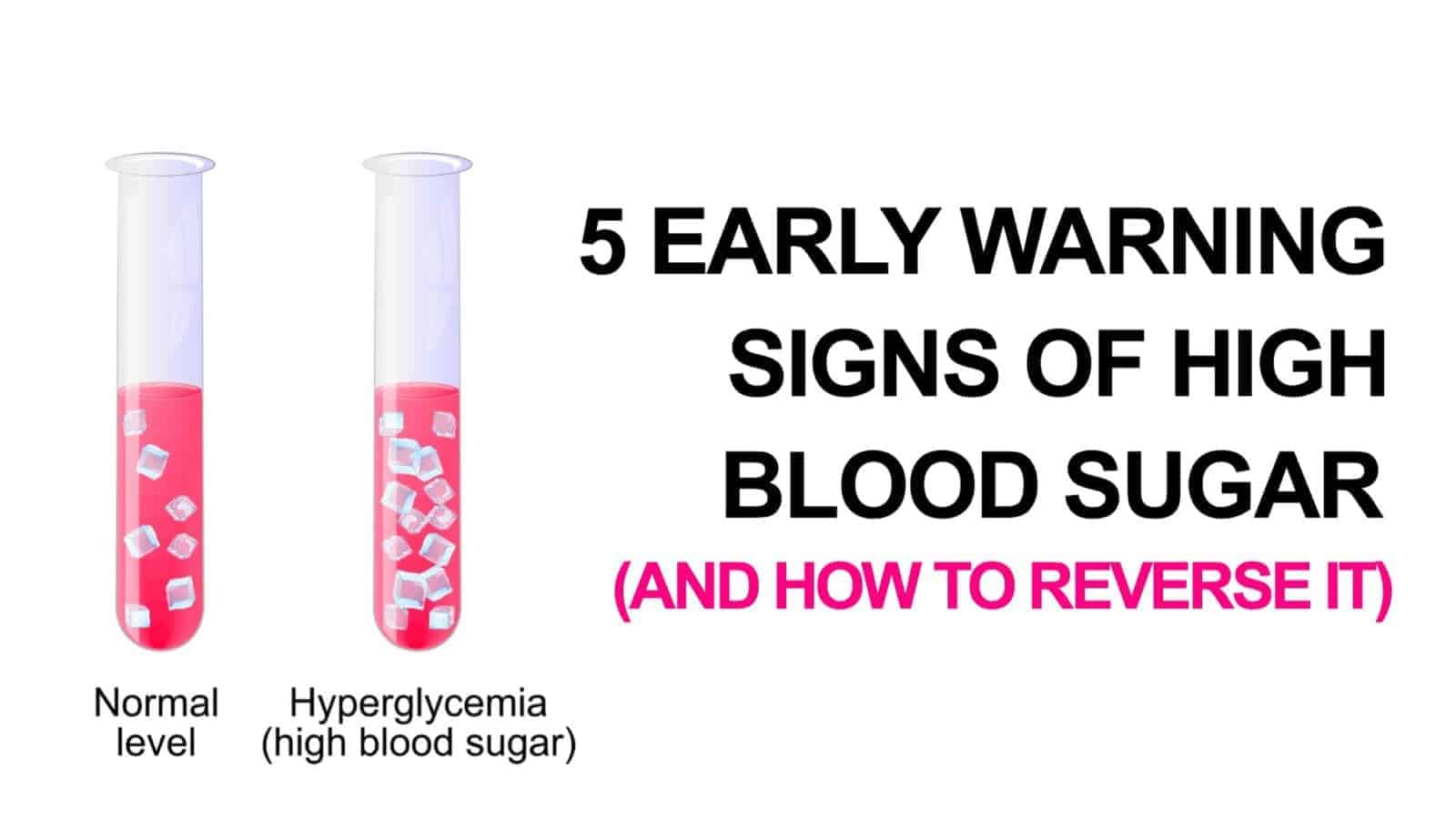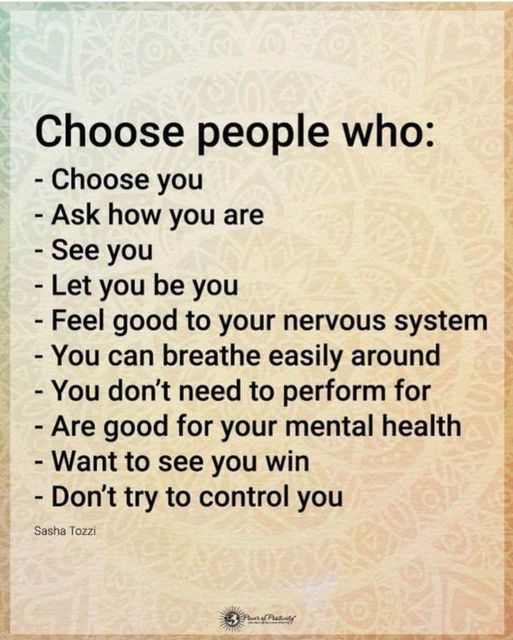Your body is powered by sugar. Sugar is the energy your cells use to operate. So, sugar is life. But your body strives for and needs homeostasis, a balance of water, salt, nutrients, and sugar. Too much of any of those things can cause serious biological problems. Your brain is wired to crave sugar. In our not-so-distant past, we got our sweets from fruits for the most part. The fruits’ fiber and nutrients slowed the digestive process, so our bodies were not flooded with sweetness in one rush.
The fiber also makes us feel full, so we can only get so much into our bodies through eating fruit. In the last century, refined sugars have evolved from the occasional cake or muffin into nearly every food we consume. Anything other than raw fruits, veggies, and meat can have added sugar that you wouldn’t even expect. So how do you know you are addicted to sweet treats?
The Consequences of Caving in to a Sugar Addiction
Sugar is a common ingredient in most foods, and while our bodies need some sugar to function, excessive consumption can lead to several health problems. The World Health Organization (WHO) recommends that adults should not consume more than 25 grams of sugar per day, and children should not consume more than 19 grams. However, most people consume much more sugar than these guidelines recommend, putting them at risk for various health issues.

Here are the consequences of overconsumption of sweets:
- Weight Gain: Consuming excessive amounts of sweets can lead to weight gain, as sugary foods and drinks tend to be high in calories and low in nutrients. This can increase the risk of obesity and related health issues such as diabetes, heart disease, and stroke.
- Increased Risk of Diabetes: Excessive consumption has been linked to an increased risk of type 2 diabetes. Simple carbohydrates can cause insulin resistance, leading to high blood sugar levels and diabetes.
- Tooth Decay: It significantly contributes to tooth decay, as bacteria in the mouth feed on sugar and produces acid that erodes tooth enamel. This can lead to cavities and other dental problems.
- Increased Risk of Heart Disease: Consuming too much sugar can increase the risk of heart disease, as it can lead to high blood pressure, inflammation, and other risk factors. People who consume high amounts of sugar are likelier to have high cholesterol levels, which can contribute to heart disease.
- Reduced Energy Levels: While sugar may provide a quick burst of energy, it can also lead to a crash later on. This is because it causes a rapid rise and fall in blood sugar levels, leaving you tired and sluggish.
- Addiction: Sugar has been shown to have addictive properties, and some people may become dependent on sugar to feel good or cope with stress. This can lead to a cycle of overeating and cravings, which can be challenging to break.
- Nutrient Deficiencies: Consuming too many sweets can displace other nutrient-dense foods, leading to nutrient deficiencies. This can impair overall health and increase the risk of chronic disease.
- Inflammation: Studies concur that overconsumption may cause inflammation, a critical factor in many chronic diseases. High levels of sugar intake can cause the body to produce more pro-inflammatory cytokines, which can lead to a range of health problems.
8 Signs of a Sugar Addiction (That You Probably Don’t Realize)
Here are eight signs that you might be addicted to sweets:
1. Sweet Tooth
Someone with a “sweet tooth” craves sugar because their bodies have become physically addicted to sugar. Eating sugar stimulates the brain’s pleasure center and stimulates similar changes in the brain as addictive drugs. Binge, Withdrawal, Craving and Behavioral Sensitization are sugar and drug addiction terms.
2. Bingeing
If you find yourself bingeing on sweet foods uncontrollably, you might have a bit of an addiction. You get a high from ingesting large amounts of sweets. Unfortunately, like any addiction, you need larger and larger amounts to get the same high.
3. Crashing
If you are prone to sudden energy crashes where you suddenly feel exhausted for no reason, then you might suffer from a crash. This happens when your body reacts to large amounts by producing large amounts of insulin to metabolize the sugar in your blood. Because of this, a sudden ramp-up of insulin production will get the sugar out of your blood quickly, leaving a sudden sugar deficiency. This sudden drop can exhaust the body, as no sweetness is left to power it.
4. Withdrawal
Let’s say you decide to give it up cold turkey for your New Year’s Resolution, and a few days later you have a giant headache and feel like crap. You may be suffering from withdrawals. Your body and your brain have become so used to a constant influx of refined sugar from sugary drinks, candy bars, and fast food that when you cut those out your diet, the body freaks out.
5. You love starchy foods
You love starchy foods like french fries, potato chips, pasta and bread. Starches convert to sugar quickly in the body. However, they don’t have enough fiber or protein to slow down the breakdown of starches into sugar. Without good foods like veggies and foods with lots of fiber, starches can cause surges and crashes.
6. Body fat
The body stores excess energy within the body as fatty tissue. This fatty tissue takes a long time to break down to provide energy for the body. Your body also stores sugar in your muscles as glucose. That muscle glucose is like your hall closet – it is easy to get to, but doesn’t hold much stuff. Your fat reserves, on the other hand, are like a storage unit. It takes time and effort to get anything out of it, but it can hold much. If you have more sugar in your system than your body can use immediately, it will store that excess energy as fat.
7. Mood swings
Sugar rushes and crashes can cause swings in mood as your blood sugar level changes. If you need a constant drip of sweetness into your system to keep your mood stable, you might be addicted.
8. Tired for no reason
You must be tired if you have been out in the yard working hard or at the gym. If you are tired and sleepy and haven’t been doing anything other than loafing on the couch, you might have an addiction. Your body is used to large amounts of sugar for its energy; without that fix, you feel exhausted for no good reason.
Final Thoughts on How to Kick Your Sugar Addiction
Make small changes in your diet. Eliminate that pastry you have every morning and have an apple instead. Eat more veggies since the fiber from vegetables will make you feel fuller for longer. Enjoy cereals and bread without added sugar; you must check the label by trying to keep the grams of sugar as low as possible. Eat more protein, such as beans and legumes, which will help stabilize your blood sugar levels. Also, drink more water and exercise more. Water will make you feel full, and exercise will make you feel better by releasing endorphins into your system. Don’t make drastic changes, or they won’t stick. Make small changes over time, and they can have a huge impact.













